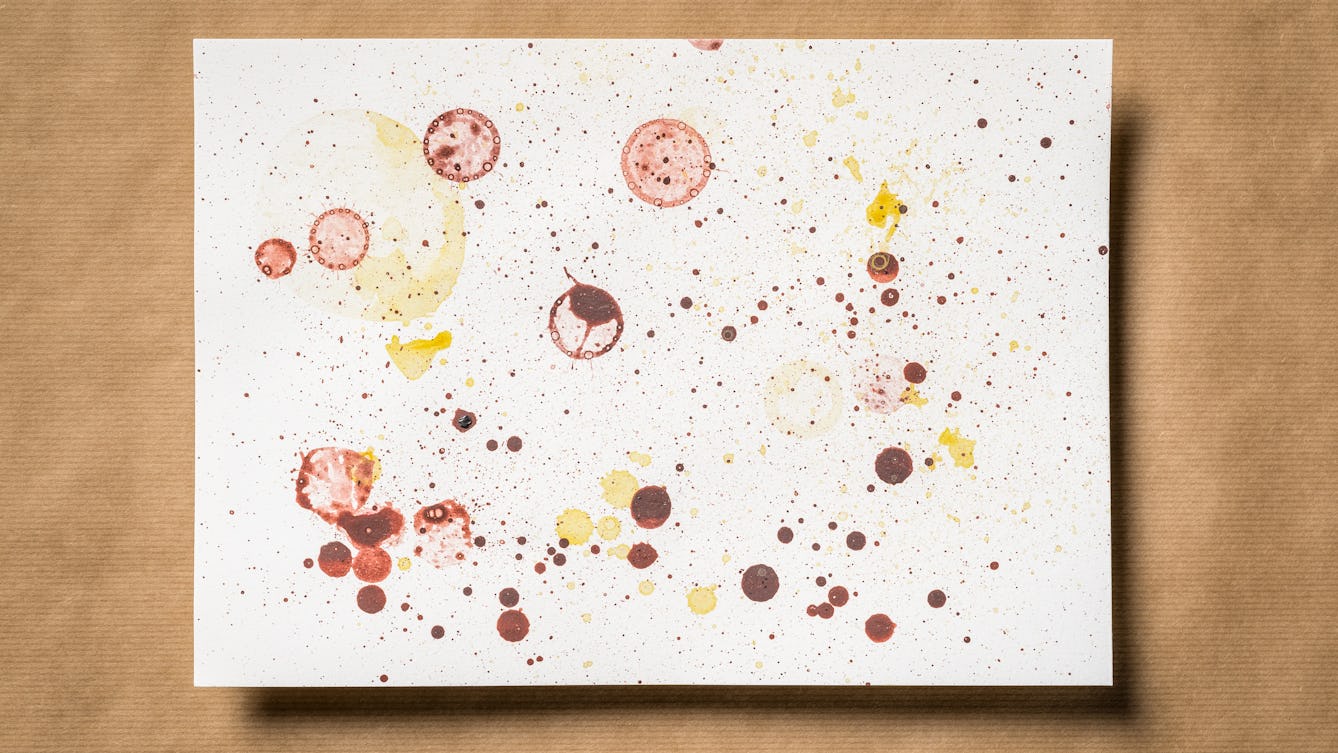
- Article
- Article
Documents of my breath
Swati Joshi’s childhood bronchitis meant that she couldn’t imagine being able to breathe easily. As an adult, she chronicles her recovery through artworks created using bubbles and her breath.
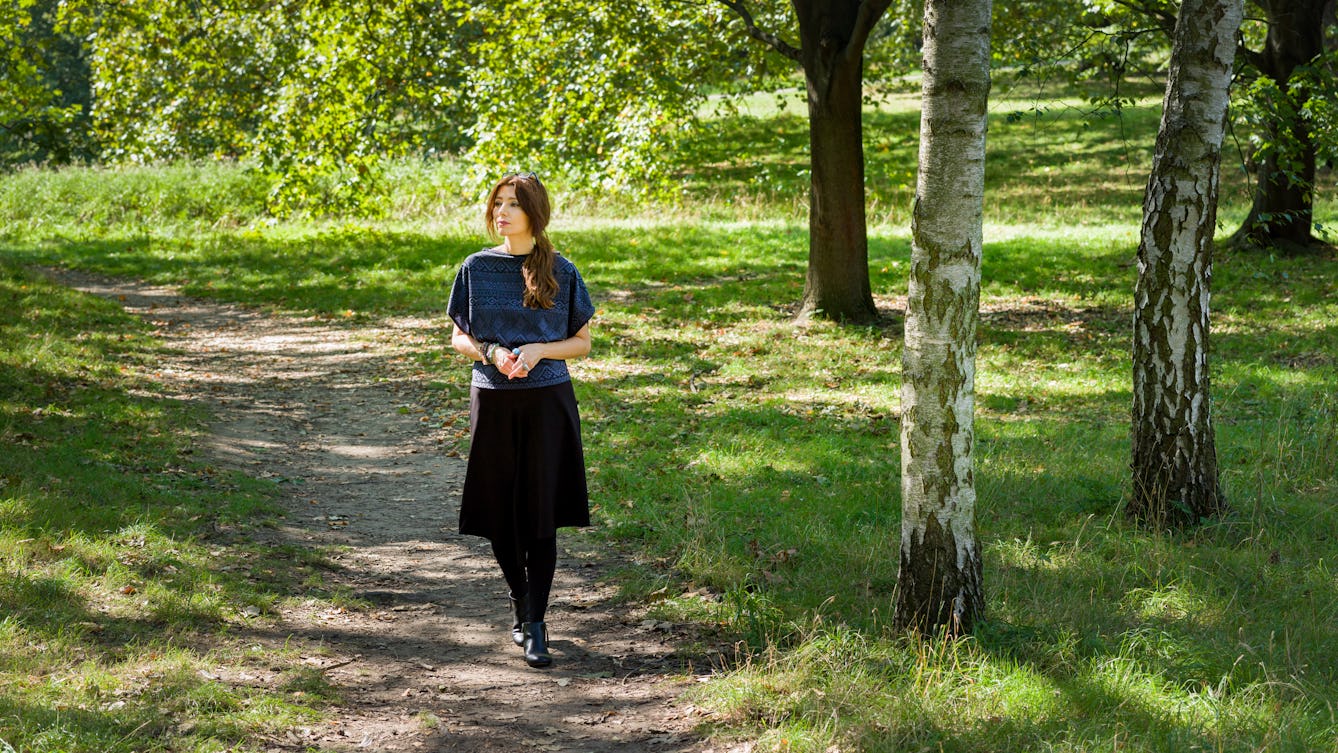
- Book extract
- Book extract
How stories bring us together
Elif Shafak considers how hard it is to be heard in our divided world, but how listening can nurture wisdom, connection and empathy.
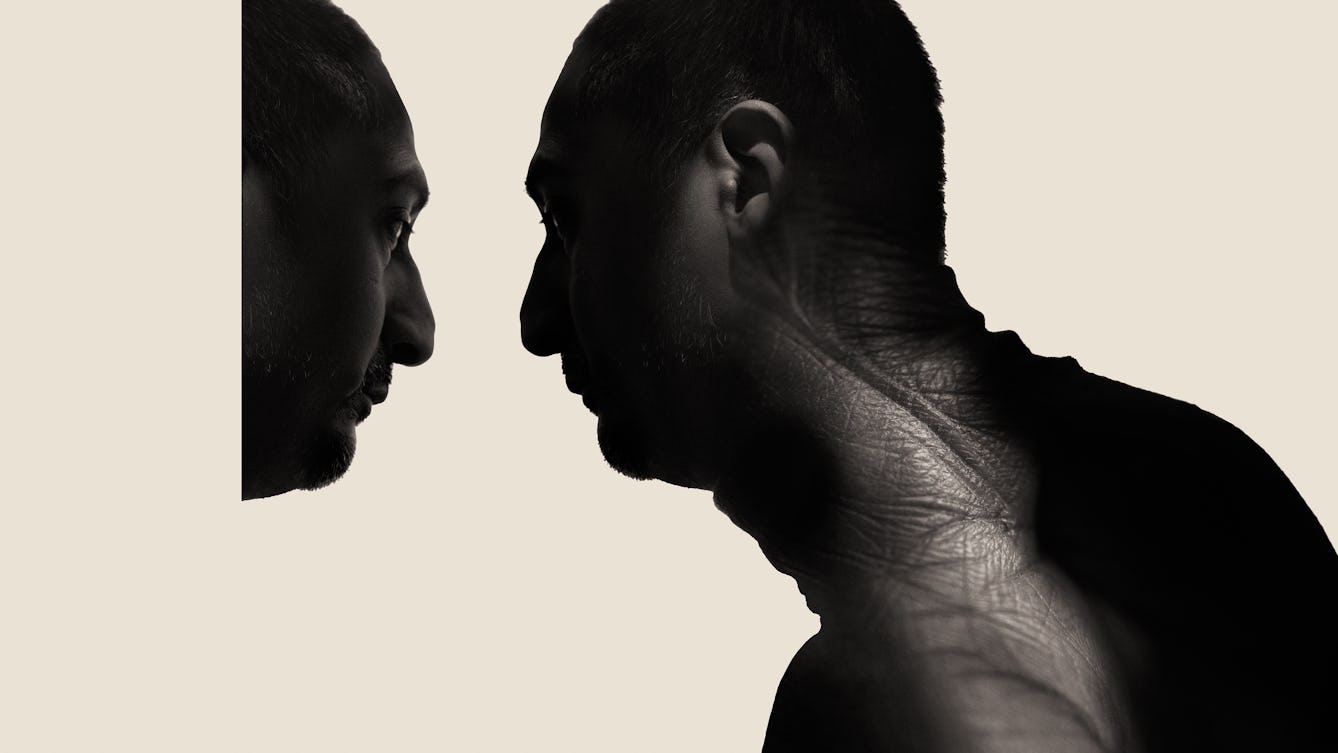
- Article
- Article
Written on my body
Scars mean David Jesudason has never enjoyed seeing his reflection. Recounting the stories behind the marks on his face and body, he finds the only one that symbolises hope and happiness.
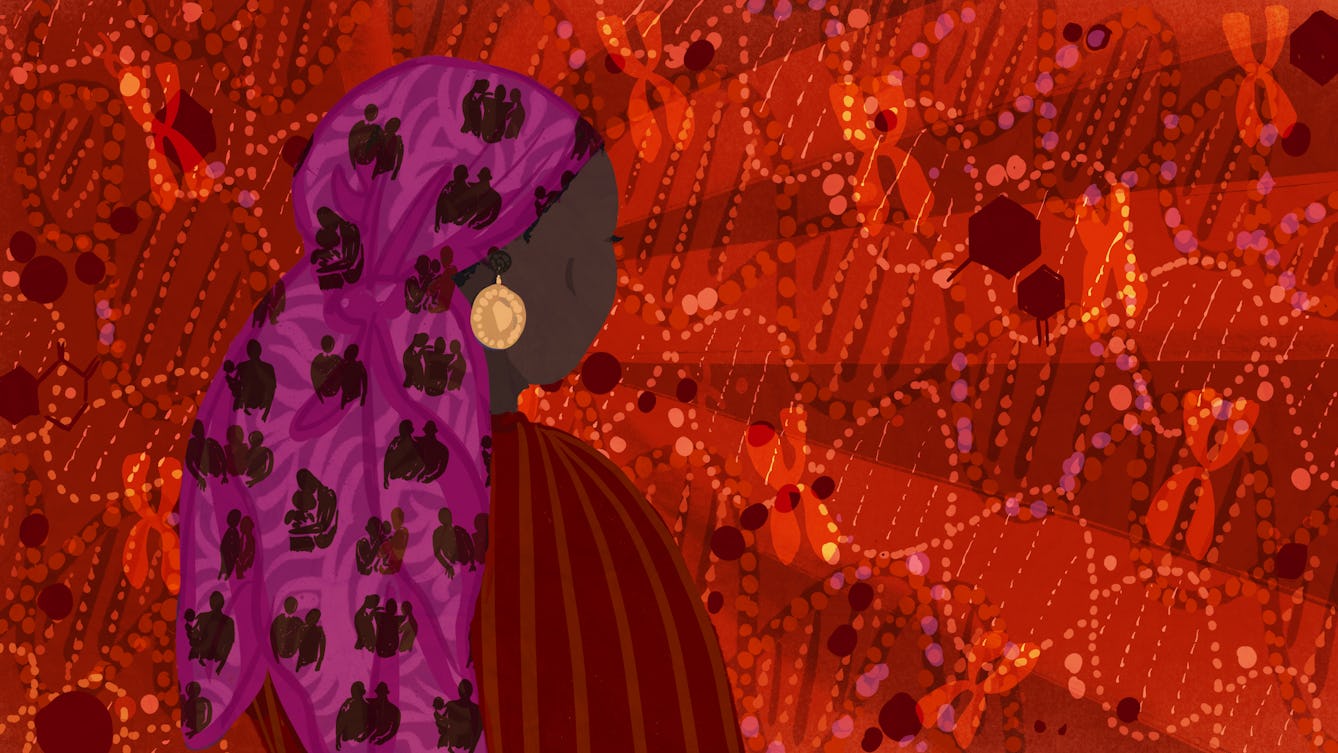
- Article
- Article
Equality in genetics
Genetic counsellor Sasha Henriques harnessed her energy and resolve to tackle the racial biases she saw in her profession – with positive and promising results.
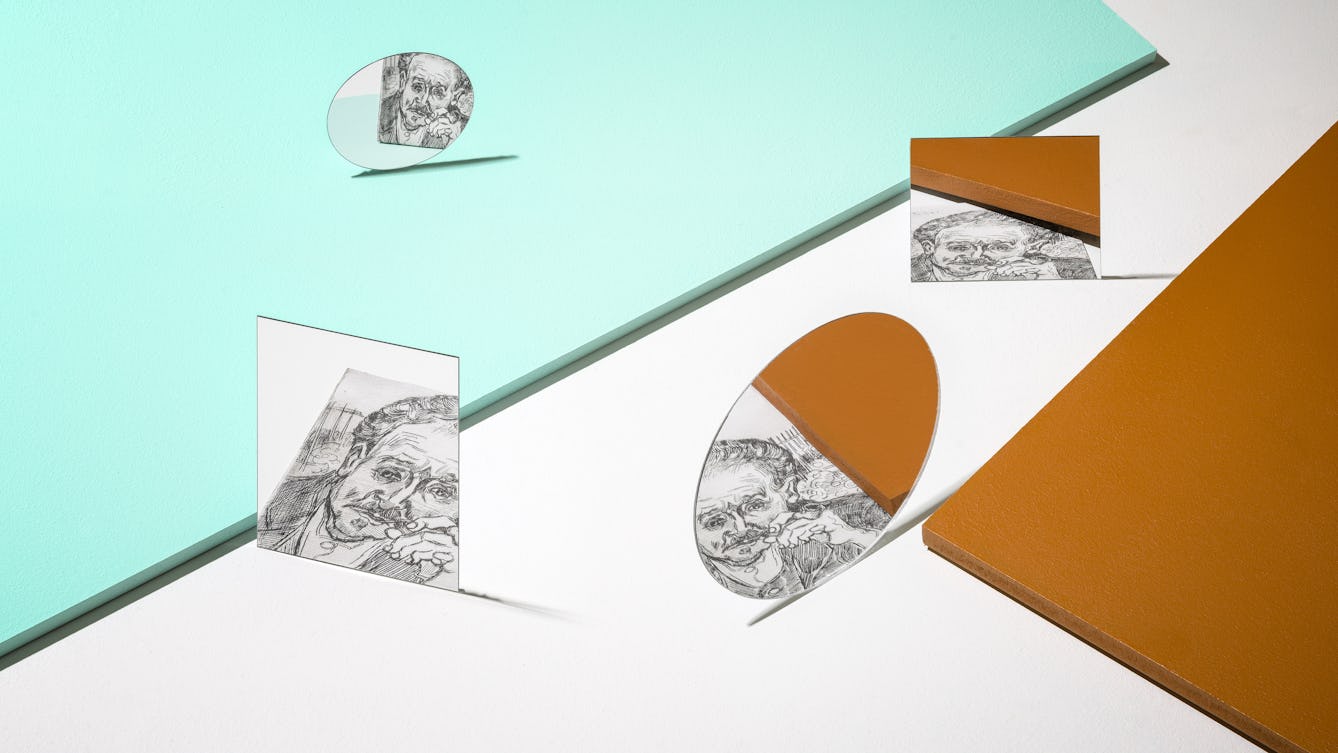
- Article
- Article
Reversing the psychiatric gaze
Nineteenth-century psychiatrists were keen to categorise their patients’ illnesses reductively – by their physical appearance. But we can see a far more complex picture of mental distress, revealed by those patients able to express their inner worlds in art.

- Article
- Article
How to play in secret
In secret games the strangers around you are playing too. They just don’t know it. Read on for some great ideas for undercover fun at work, school – or almost anywhere.
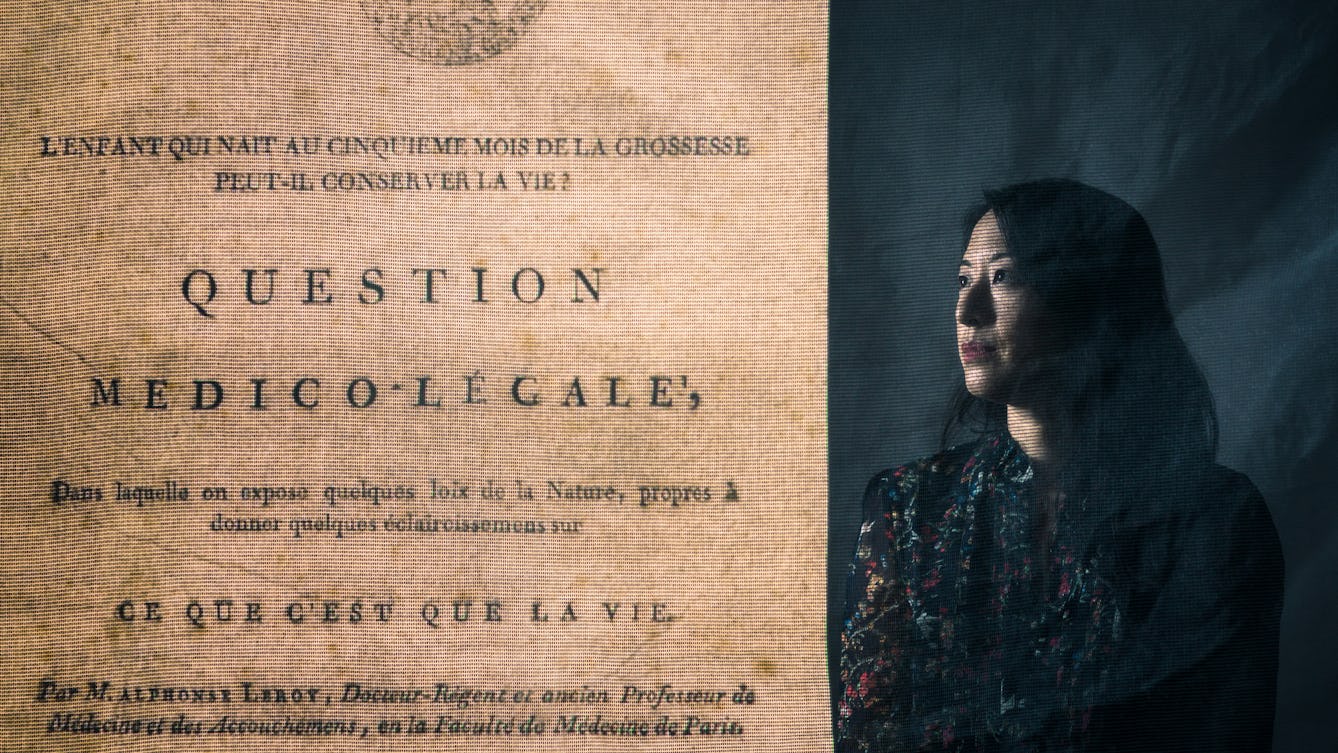
- Article
- Article
The conditional child
Deanna Fei asks what it means to sustain a life, drawing on her own experience of having a premature baby as well as an 18th-century essay.
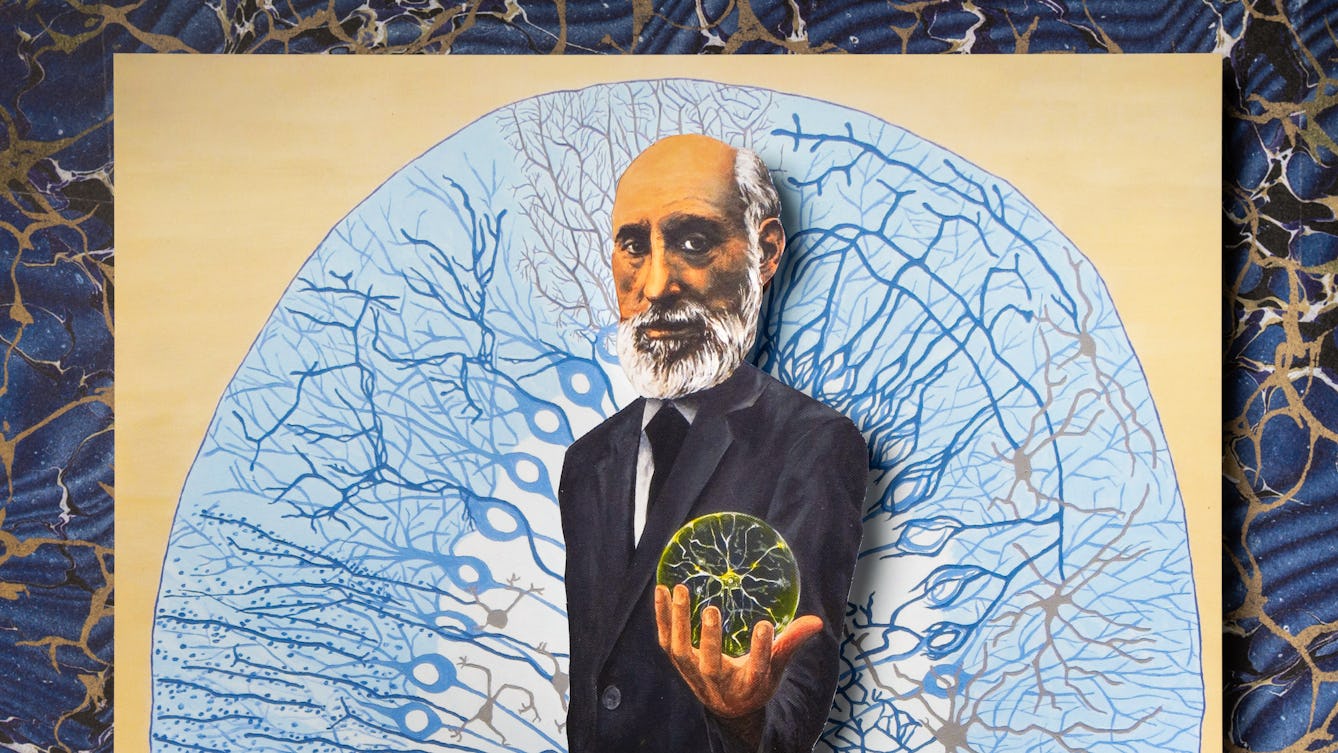
- Book extract
- Book extract
The shape of thought
Santiago Ramón y Cajal’s description of the moment in 1887 when he saw a brain cell for the first time never fails to move neuroscientist Richard Wingate to tears. Here he captures that enduring sense of wonder.

- Article
- Article
The making of ‘Quacks’
How do you create a medical comedy that’s authentic and laugh-out-loud funny?